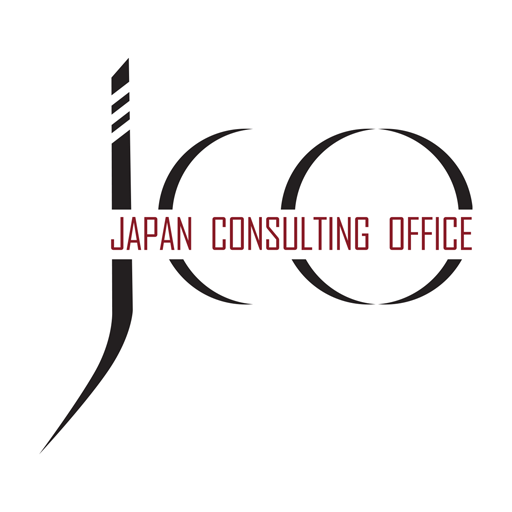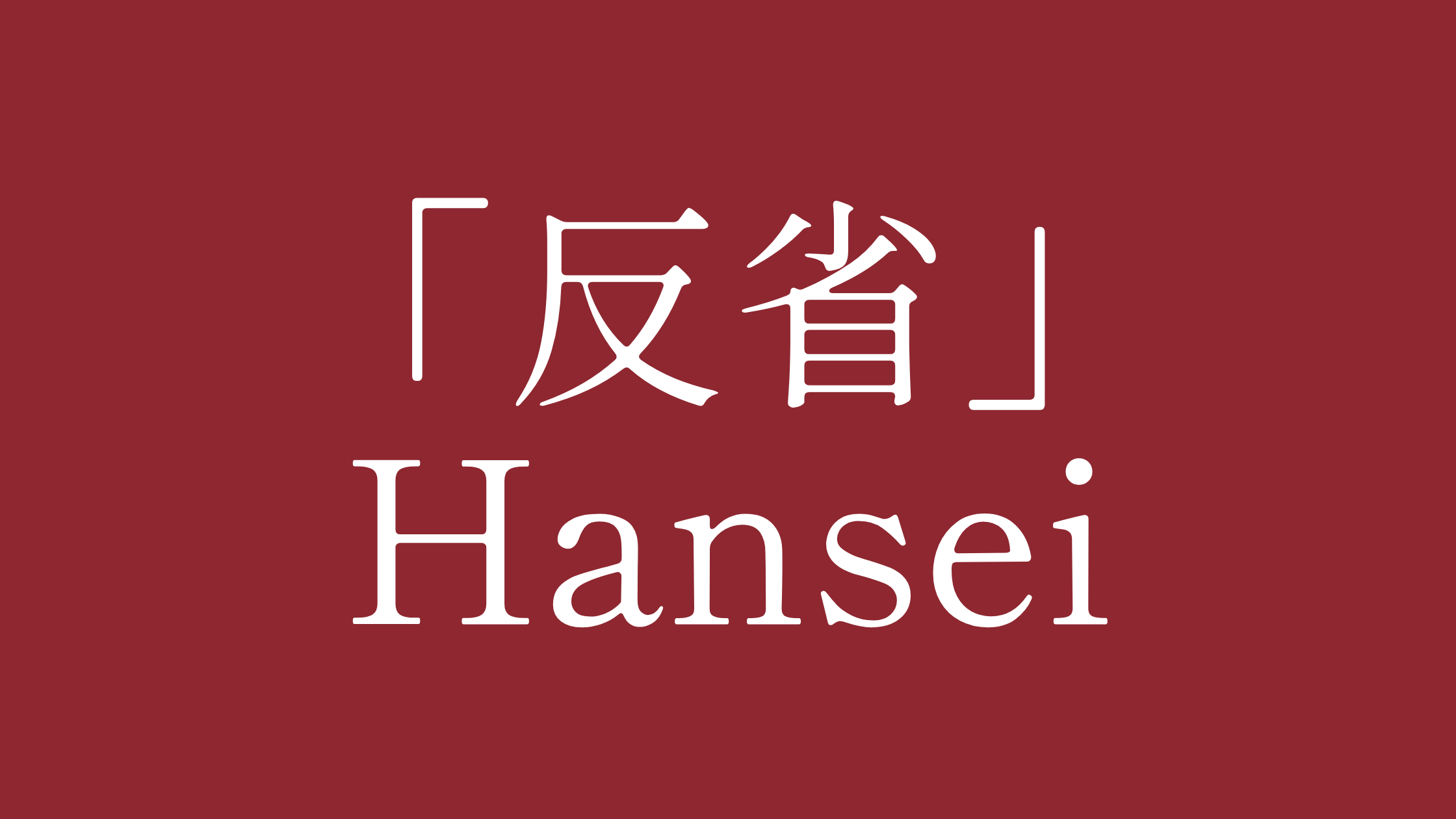
What you need to know about the new "workation" trend!
(Japanese version)
In many countries, the trend towards "workations" – blending work with vacation – is gaining momentum as companies seek to enhance employee well-being and productivity.
Workations allow staff to work remotely from holiday destinations, combining leisure with work. This can boost creativity, reduce stress, and improve work-life balance, making it particularly attractive for overseas subsidiaries. With Generation Z valuing flexibility and experiences, workations can be an appealing perk, especially in today’s seller's job market, where employees have more leverage in choosing how and where they work.
- Many freelancers and remote workers who identify as digital nomads are already embracing this concept of workations as the lifestyle allows for both flexibility and new experiences.
- Another group are foreign experts, who might choose a company that can offer workations so that it possible to spend more time with their families abroad while still working.
Challenges and Considerations for Companies
However, challenges include ensuring productivity and managing the blurred line between work and vacation. HR departments must set clear guidelines on expectations and deliverables.
Legal and insurance issues are also critical. International workations can trigger tax obligations and require compliance with local labor laws.
Additionally, standard employee insurance policies might not cover work conducted abroad, leaving both employees and companies exposed to risks. HR teams need to collaborate with legal and compliance departments to ensure workation programs are legally sound and properly insured.
Conclusion
In summary, from the perspective of non-Japanese staff, workations offer exciting opportunities for flexibility and talent retention, but for companies they also require careful planning to address productivity, legal, and insurance concerns.





